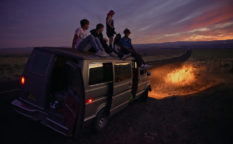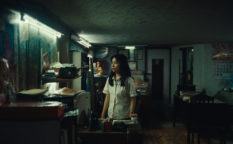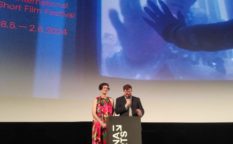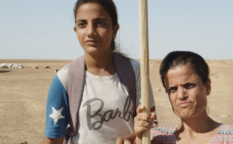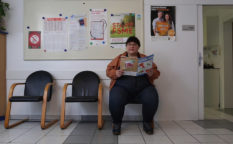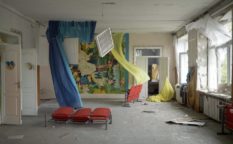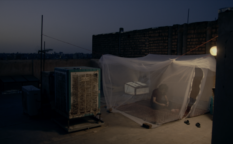Review: Magaluf, Ghost Town (2021)
Crossing Europe film festival
European Panorama Documentary
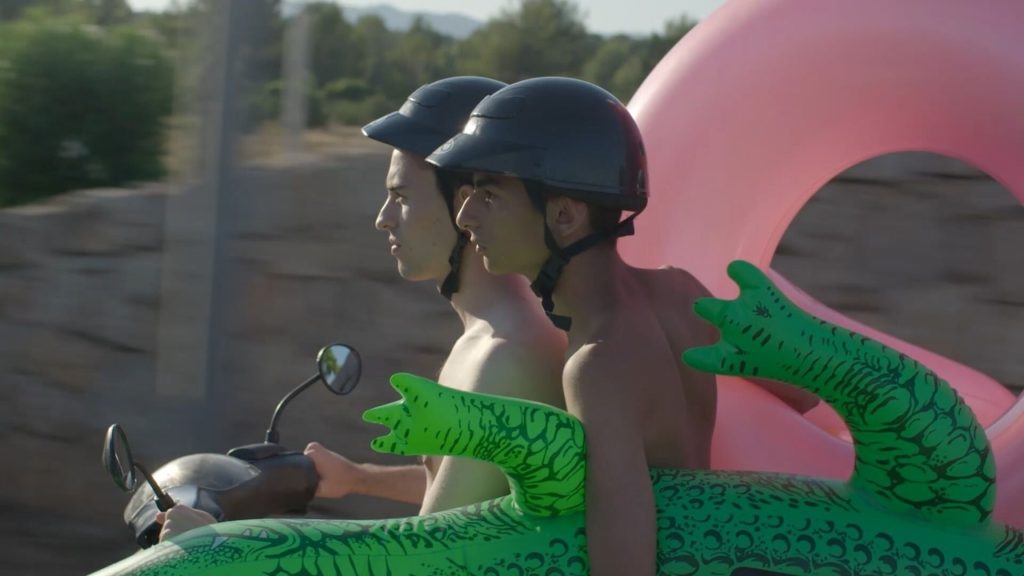
Be careful what you wish for, because you just might get it. When the Spanish band Brios climbed up the charts with their hit ‘Come to Magaluf’ in 1987, the titular Majorcan city was just one of many popular holiday destinations in Spain, soon to become the ideal binge-drinking place for the young wild bunch from northern countries.
It takes another song (‘I’ ve had enough of Magaluf’) by the English punk rock band The Toy Dolls to explain its nickname Shagaluf, gained almost a decade later due to tourists’ sexually charged behaviour. We got to see some of those scenes shot with someone’s mobile phone during the night, with a not such an insignificant ammount of spectators to glare and cheer. Not for the exactly same reasons but stemming from many of them, some of the local inhabitants had enough of staying in this coastal city. Basically, it is one thing to be attending a party, and a completely different one living in it.
Spanish director Miguel Ángel Blanca is turning his gaze towards three Magaluf citizens of different generations and origins to give a better insight into how the locals deal with the summer holiday craze in their town. One of the people working tirelessly on changing the city’s profile is a Russian city planner and real estate agent Olga Bulashova who is seen trying to convince wealthy, but pretty much party-oriented audience to purchase plots with more value they can aknowledge. Knowing the profile of her clients, she is used to presenting houses in an unorthodox way: addressing the practicality of the living room (how many people can crash on the couch), the size and accessibility of the outdoor pool, and the stairs leading from the master bedroom to the bathroom. On the fair side, she doesn’t care a yota about anyone who isn’ t coming from the money, and also as a foreigner living there, and making profit out of millionaires, her vision about Magaluf stems from a place of financial comfort.
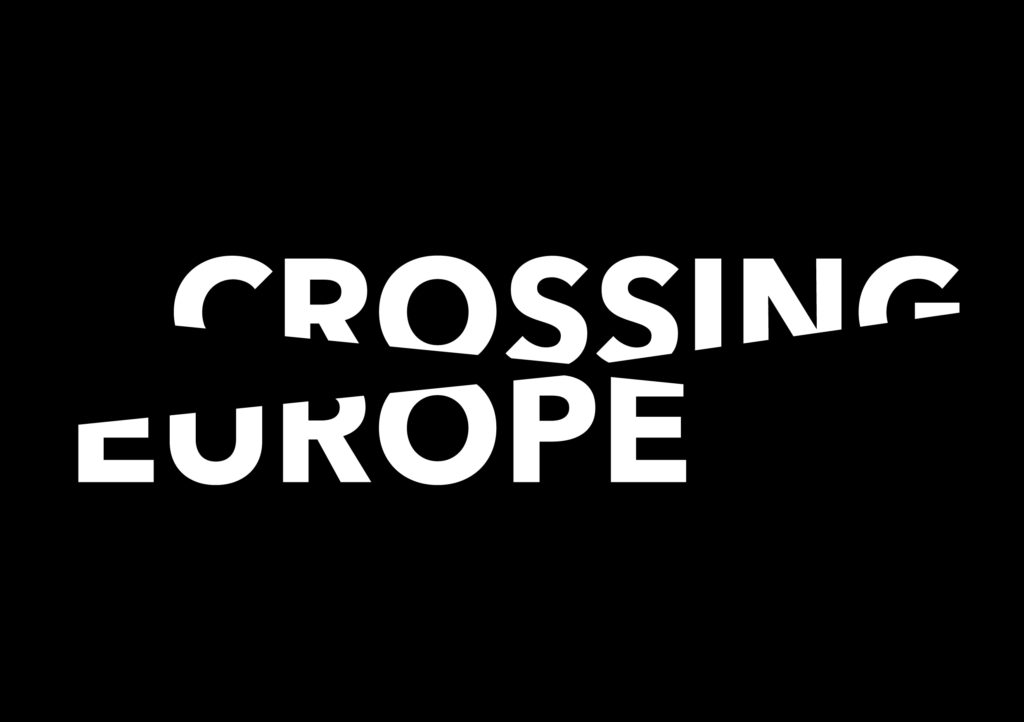
Two other protagonsts live in completely different worlds, miles away from the luxury accessible to the outsiders. Rubén is a gay teen with acting/ modelling aspirations who speaks jokingly of himself as an outcast belonging to the three ‘no go’ minorities: gay, Roma and a drug addict, the latter being the least problematic because he hadn’t reached the level of the tragic yet. When his love interest Àaron comes back to the island to help his father with the shop, two young men develop a fantasy scenario on how to take on the tourists by robbing them off their most precious belongings and splitting the ‘treasure’ between them. It is just a talk without a walk, but it points at the crazily deep gap between working class people from two European countries. Barely any hard partying Brits are stemming from the middle/ upper class families, and yet their way of seeing the place they came to make a holiday in, is arogantly patronizing.
The oldest of the cast is Maria Teresa, a woman who has recently went to pension, only to realize that she can’ t possibly live of her rent. Open-minded and cheerfull by nature, she rents one room to a guest worker from Mali – Cheickne, a humble, hard-working man who is sending all his money to his young wife and the infant kid back home. His perspective is best developed, and we observe him having to deal with the arrogance of not just his (well meant) host or employees, but also by his new, fellow African colleagues.
Magaluf, Ghost Town is not Miguel Ángel Blanca’s first documentary about the impact of mass tourism on the local populace. He ventured into the phenomenon of the so called ‘museum towns, that attract hordes of people to Barcelona in La Extranjera (2015), a film that mixed documentary woth sci-fi format to make its point.
After tourism in Malgaluf reached its peak in 2009 mainly feeding on young people from Great Britain, the city has become popular ftheir or sexual escspades. This is in a way both funny and tragic after finding out that the city’s name stams from the Arab term “Ma Haluf”, whish stands for ‘filthy waters’. Watching what happens in the water, this becomes more than a joke. No wonder there is a talk about renaming the city to Calvià Beach.
There is no better way to summarize the film’s plot than quoting Maria Teresa who, at one point, talks about ‘only five dead from balconying’, meaning that only five crazies tried to jump either in the sea or in the hotel pools from their balconies, losing their lives in the process.
Blanca intervenes with the scripted, fictive moments to glue the pieces of the film together. By sticking to the standard 90′ minutes of the runtime he doesn’t challenge the viewers concentration, nor does he disperse the story by making it too complex to grasp.
The story of Magaluf can be copy-pasted in every environment that has to deal with similar issues, and for that reason, it can be regarded as a universal study of over-commercialized tourist destinations that have to live with the madness called all-inclusive right to take whatever you want for the price of your travel package.
The pretend bits work as the characters’ motivation boost: each one of them can present their destinies, sorrows, joy and even some crazy beliefs out of the documentary box. This challenging mix of documentary and fiction is captivated in an almost glossy magazine fashion by the cinematographer Raul Cuevas who sets you back in the time of realist painters on the 20th century.
Country: Spain/ France
Year: 2021
Language: Spanish, English
Runtime: 93′
Produced by: Bernat Manzano Vall, Miguel Ángel Blanca Pachón, Valérie Monmartin, Miguel Eek
Written/ Directed by: Miguel Ángel Blanca Pachón
Cinematographer: Raúl Cuevas
Magaluf’s still photography: Javier Izquierdo
Editing: Javier Gil, Ariadna Ribas, Miguel Ángel Blanca
Music: Sara Fontán, Edu Pou
Production Managers: Laura S. Llorens, Maria Colomer
Sound Recording: Cosmic D’Alessandro
Additional Sound Recording: Júlia Benach, Rubén Perez, Xim Terrassa
With: Maria Teresa Jiménez Moreno, Cheickne Diwara, Rubén Aguilera García, Aarón G. Alonso, Emilio Juanes Herrera, Olga Bulashova, Valeria Ferra Bulashova
Line Producer: Bernat Manzano Vall


